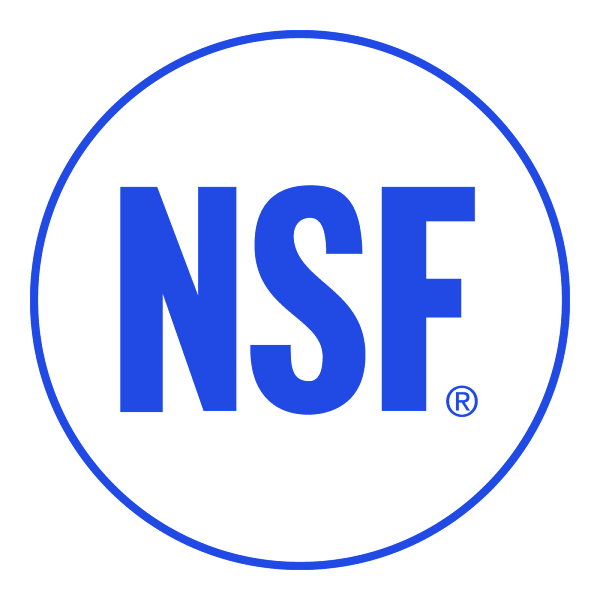The Qualified Person (QP) training at NSF was a truly unique experience for an American quality professional. In the United States, compliance to the code of federal regulations (CFRs) is often the baseline reference within the pharmaceutical industry. The CFRs are often referenced within training programs and embedded into the process verification to ensure regulatory compliance. For specific hot topics within the industry, additional regulatory bodies can be found referenced. For example, CFR 21 Part 11 coupled with the EU Annex 11 to ensure alignment of Data Integrity practices. Although, for a typical American, the EU guide1 is not a go-to reference for consultation on a routine basis. Such practices should change. The QP training and qualification elements within the United Kingdom are quite comprehensive and prepare a quality professional to make good decisions whilst overseeing product quality and ensuring patient safety in any country.
A QP, first and foremost, serves the patient, always keeping patient safety and wellbeing within every decision made in the pharmaceutical industry. Above financial or self-preservation concerns, the QP focus is on safety and supply. A QP does the right thing and should always be focused on product quality and safety, never to compromise but to use process knowledge, science, and data to drive decisions. A fundamental principle for a QP is to never improperly compromise but to use process knowledge, science, and data to drive decisions in support of the patient.
In support of patient safety, the QP will utilise the Pharmaceutical Quality System (PQS) to ensure that the product continues to be manufactured to the registered requirements linking to clinical safety and efficacy data for the marketed application. Product supply will then not be a challenge but a daily habitual practice in service to the public.
How beneficial it would be if other countries required a training program that embedded fundamental principles such as found within the NSF QP certification process? The following courses deep dive into the EU regulations to train the QP in preparation of the Viva*: Active Substances & Excipients, Formulation & Processing, Analysis & Testing, Investigational Medicinal Products, Microbiology, Mathematics & Statistics, Packaging, Medicinal Chemistry, the role of the QP, PQS and Law.
A key learning has been that even without being certified as a UK QP, the NSF training program has provided an exceptional foundation of quality process understanding and leadership fundamentals to thrive within the industry. Additionally, NSF has a partnership with the University of Strathclyde with an option to combine all QP modules with additional written comprehension exams and a thesis for a Master of Science degree, MSc Pharmaceutical Quality and Good Manufacturing Practice.
What made the QP journey with NSF so effective
There are three main factors that made the NSF QP trainings so effective for me:
- The instructors are exceptional, many former regulatory auditors and industry leaders with superior knowledge and practical understanding of the manufacturing process, regulatory requirements, and quality best-practices.
- The students form an alumni that assist one another to make good decisions in our field beyond the course completion.
- Most courses are available either on-line or in-person. I found a combination working best to meet the fellow students and instructors in person balancing the budget of travel to the UK from the US with some on-line classes mixed in. The program can be completed within 2 years and if coupled with an MSc, a nice alternative to an MBA for quality professionals pursuing an advanced degree.
References
* The Viva is a panel interview by current or former QPs who ask a QP candidate any possible combination of questions to assess knowledge of the UK/EU regulations and pharmaceutical best practices. The QP candidate must also have worked in the pharmaceutical industry for a minimum of 2 years on UK soil and be a member of any of the following UK Joint Professional Bodies: Royal Society of Biology, Royal Society of Chemistry and the Royal Pharmaceutical Society of Great Britain (The Society of Biology, RSC, RPS).

